Apple's HomePod smart speaker has not met with the response that the apple company may have expected. The fault is not only the high price, but also certain limitations and disadvantages compared to competing products. But failure isn't something Apple can take lightly, and a number of things suggest that nothing is far from lost. What can Apple do to make HomePod more successful?
Smaller and more affordable
High product prices are one of the main hallmarks of Apple. However, with the HomePod, experts and the lay public alike agreed that the price is unreasonably high, considering what the HomePod can do compared to other smart speakers. However, the current situation is nothing that cannot be worked with in the future.
It could be interest you
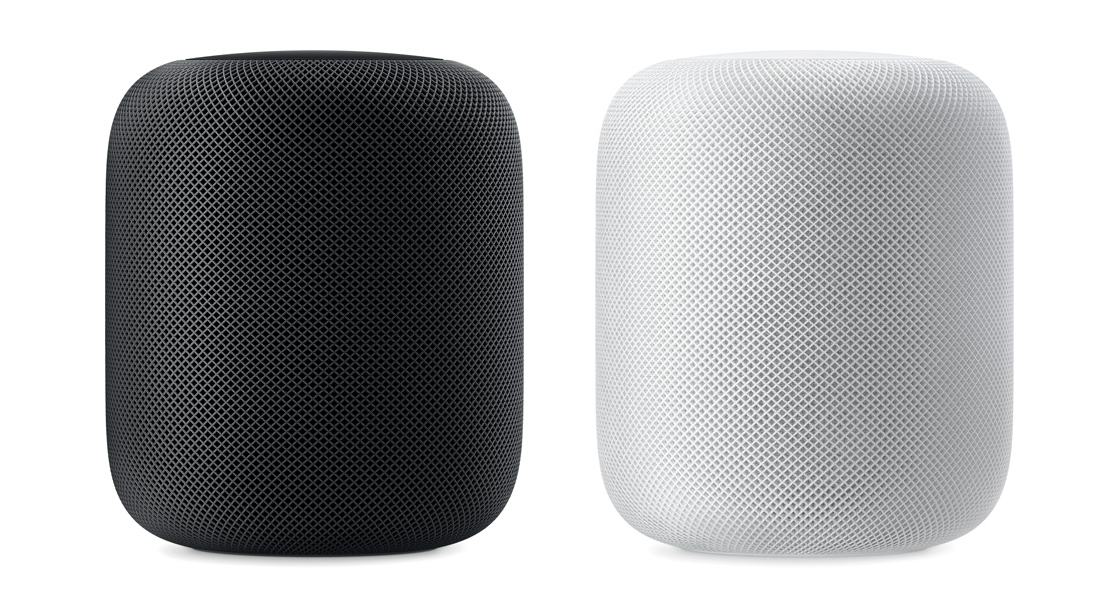
There has been speculation that Apple could release a smaller, more affordable version of its HomePod smart speaker this fall. The good news is that the audio or other quality of the speaker wouldn't necessarily suffer with the price reduction. According to estimates, it could cost between 150 and 200 dollars.
Releasing a cheaper version of a premium product would not be extremely unusual for Apple. Apple products have a number of advantages, but low price is not one of them - in short, you pay for quality. Still, you would find instances in Apple's history of releasing a more affordable version of some products. Just remember, for example, the plastic iPhone 5c from 2013, whose selling price started at $549, while its counterpart, the iPhone 5s, cost $649. A good example is also the iPhone SE, which is currently the most affordable iPhone.
The tactic with a cheaper version of the product has also proven successful against the competition in the past - when Amazon and Google entered the smart speaker market, they first started with one standard, relatively expensive product - the first Amazon Echo cost $200, Google Home $130. Over time, both manufacturers released smaller and more affordable versions of their speakers - Echo Dot (Amazon) and Home Mini (Google). And both "miniatures" sold very well.
An even better HomePod
In addition to the price, Apple can also work on the functions of its smart speaker. The HomePod has a lot of great features, but there's definitely more work to be done. One of the shortcomings of the HomePod, for example, is the equalizer. In order for Apple to make the HomePod a truly premium product, commensurate with its price, it would be great if users could adjust the sound parameters in the relevant app.
The cooperation of the HomePod with the Apple Music platform could also be improved. Although the HomePod will play any of the forty million songs on offer, it has trouble playing a live or remixed version of the song on demand. HomePod handles basic functions such as play, pause, skip track or fast forward during playback. Unfortunately, it does not yet handle advanced requests, such as stopping playback after a certain number of tracks or minutes.
It could be interest you

One of the biggest "pains" of the HomePod is also the low possibility of synchronization with other devices - there is still no possibility of continuity, for example, when you start listening to an album on the HomePod and finish listening to it on the way to work on your iPhone. You also can't create new playlists or edit ones you've already created through HomePod.
Dissatisfied users are of course always and everywhere, and at Apple more than anywhere else it is true that "perfection" is demanded of it - but everyone has different ideas about that. For some, the current music control function of the HomePod is not enough, while others are put off by the high price and no longer bother to find out more information about the speaker. However, the reviews published so far confirm that Apple's HomePod is a device with great potential, which the apple company will definitely use.
Source: MacWorld, BusinessInsider
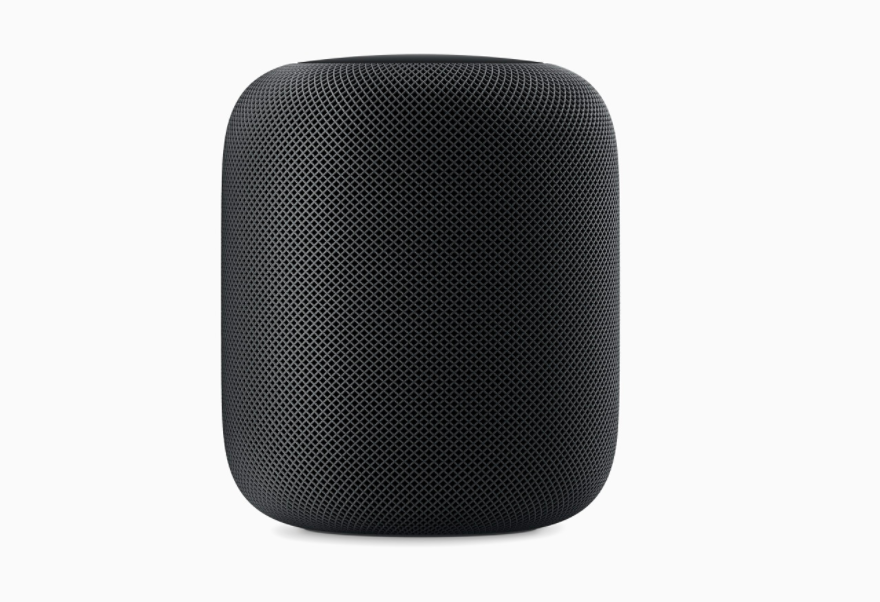
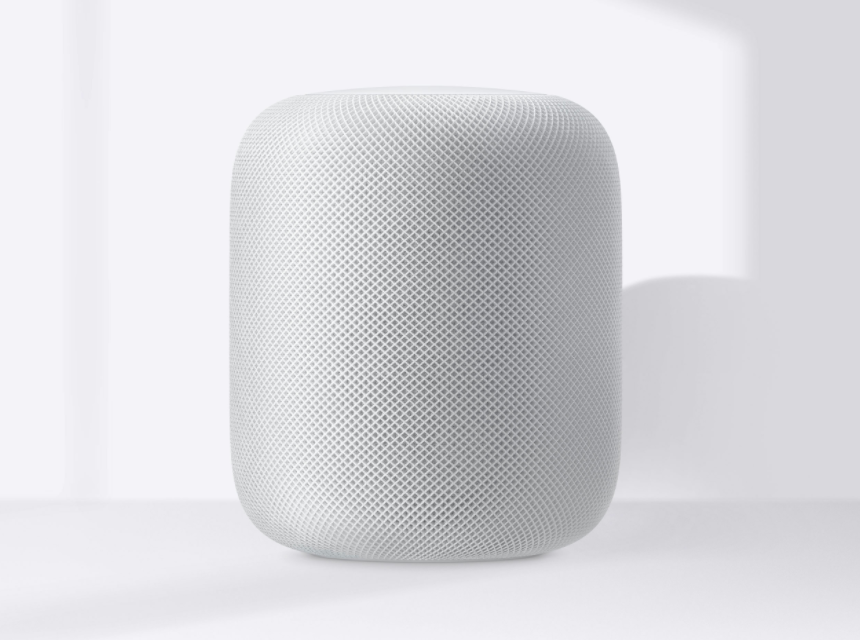
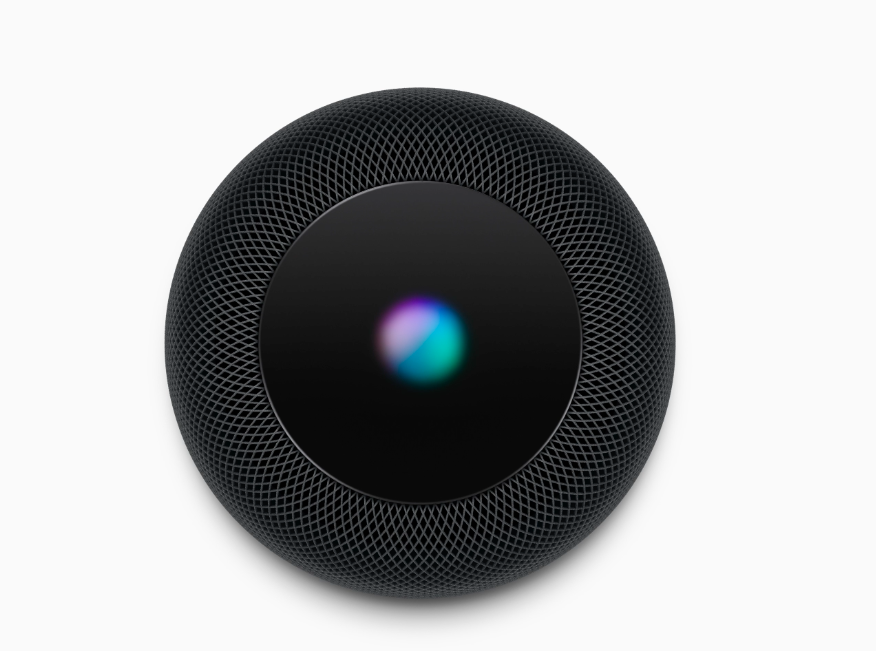
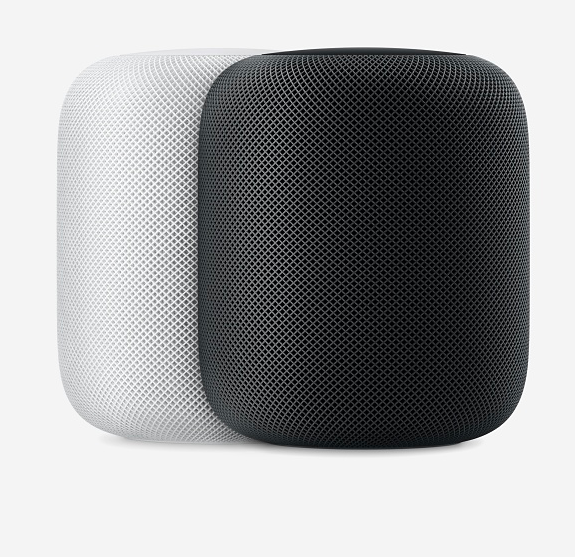
One trick to increase sales I would recommend to them (zadax) - it's called Bluetooth and it's said to be such a handy (and not expensive) thing for data transfer ;)